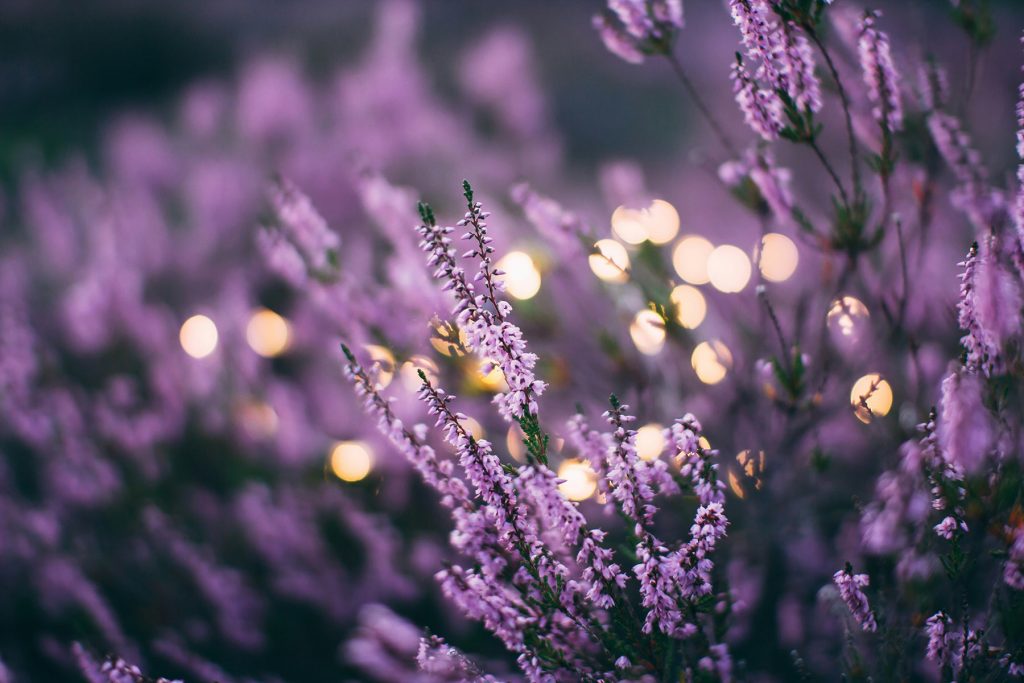Sleep is vital for overall health and well-being. Numerous studies have shown that quality sleep plays a significant role in cognitive functioning, mood regulation, and physical health. Interestingly, one of the least discussed but highly impactful factors affecting sleep is scent. Among various aromas, lavender has gained considerable attention for its ability to promote relaxation and improve sleep quality.
In this article, we’ll explore the science behind scent and sleep, and how lavender can be an effective, natural tool for enhancing restfulness.
The Science of Sleep
Before we delve into lavender’s effects, it’s important to understand the basics of how sleep works.
Sleep comprises several stages, broadly divided into:
-
Non-Rapid Eye Movement (NREM) sleep: Includes light to deep (slow-wave) sleep stages.
-
Rapid Eye Movement (REM) sleep: Characterised by vivid dreaming and increased brain activity.
Your body follows a natural circadian rhythm – a 24-hour internal clock influenced by light, temperature, and other environmental cues. Disruptions in this rhythm, often caused by stress, anxiety, or screen exposure, can result in sleep disturbances.
The Link Between Scent and Sleep
Scent perception is deeply connected to the limbic system in the brain – the part responsible for emotion, memory, and behaviour. When we inhale a scent, it immediately impacts our brain’s emotional centre, influencing mood and physiological responses.
Aromatherapy, the therapeutic use of essential oils, harnesses this connection. Certain aromas have been shown to:
-
Reduce stress and anxiety
-
Promote relaxation
-
Enhance sleep quality
Among these, lavender is one of the most studied and trusted.
Lavender: The Science Behind the Scent
Historical Significance
Lavender (Lavandula angustifolia) has been used for centuries in various cultures. From its use in ancient Egypt for mummification and perfume, to its place in Roman baths and traditional medicine, lavender has long been revered for its calming and cleansing properties.
Chemical Composition
Lavender’s soothing scent comes from key compounds:
-
Linalool
-
Linalyl acetate
These components are believed to act on the central nervous system, producing sedative and anxiolytic (anti-anxiety) effects.
Clinical Research on Lavender and Sleep
Numerous scientific studies highlight lavender’s impact on sleep. Here are some notable findings:
-
Improved Sleep Quality
-
Studies have shown that individuals exposed to lavender aromatherapy reported significantly better sleep, especially those with mild sleep disorders.
-
-
Increased Deep Sleep Duration
-
Deep (slow-wave) sleep is essential for physical restoration. Research indicates that inhaling lavender may extend the duration of deep sleep.
-
-
Reduced Anxiety Levels
-
By easing anxious thoughts, lavender makes it easier to transition into sleep, particularly for people experiencing insomnia or stress-related sleep issues.
-
How Lavender Works: The Mechanism of Action
Activates the Relaxation Response
When inhaled, lavender stimulates the parasympathetic nervous system, which governs the body’s rest-and-digest functions. This results in:
-
Lowered heart rate
-
Reduced blood pressure
-
Relaxed muscles
These effects help the body prepare for sleep.
Supports Circadian Rhythm Regulation
Emerging research suggests lavender may enhance melatonin production—a hormone crucial for sleep regulation. This helps to synchronise the body’s circadian rhythm, especially in individuals experiencing jet lag or irregular sleep patterns.
How to Use Lavender for Better Sleep
Here are several easy and effective ways to integrate lavender into your bedtime routine:
1. Lavender Essential Oil
Use a diffuser to disperse lavender oil in your bedroom 30 minutes before bedtime. Alternatively, add a drop or two to your pillowcase or bedsheets.
2. Lavender Sachets
Place sachets filled with dried lavender under your pillow or beside your bed. They’re a natural, subtle way to enjoy the aroma overnight.
3. Lavender Tea
A warm cup of lavender-infused herbal tea can calm the mind and promote a sense of ease. Sip it 30–60 minutes before going to bed.
4. Lavender Baths
Add a few drops of lavender oil to a warm bath or use lavender bath salts. The combination of heat and aroma helps soothe sore muscles and reduce tension.
5. Aromatherapy Sleep Aids
Try lavender-infused eye masks or sleep pillows for consistent scent exposure throughout the night.
Precautions and Considerations
While lavender is generally safe for most people, consider the following:
-
Allergic Reactions: Perform a patch test before using lavender oil on your skin.
-
Medical Conditions: Consult a healthcare provider if you’re pregnant, breastfeeding, or have pre-existing health conditions.
-
Product Quality: Choose pure, high-grade essential oils. Avoid synthetic fragrances, which often lack therapeutic benefits.
Conclusion: A Natural Path to Better Sleep
The connection between scent and sleep highlights the powerful role our senses play in relaxation. Lavender, with its calming properties backed by science and centuries of use, stands out as a safe, natural remedy for sleep enhancement.
Whether you diffuse the oil, drink it in tea, or incorporate it into your nightly routine, lavender can help you unwind, lower anxiety, and improve the quality of your rest.
So, if restful sleep is eluding you, consider embracing the calming aroma of lavender. A few mindful changes today could lead to deeper, more restorative sleep tonight.
